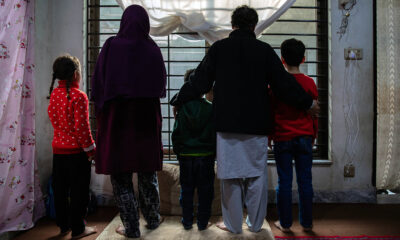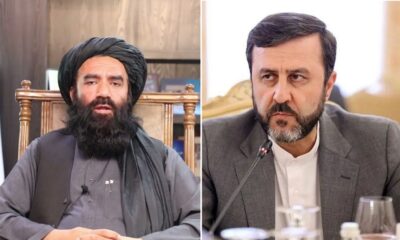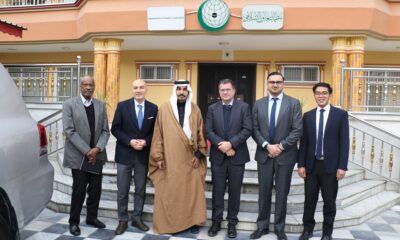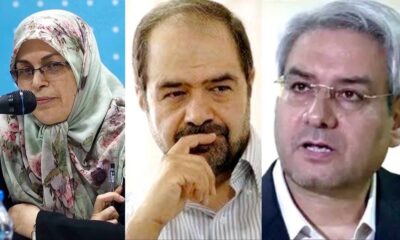Latest News
UN rights session hears Afghan conflict still one of the world’s deadliest
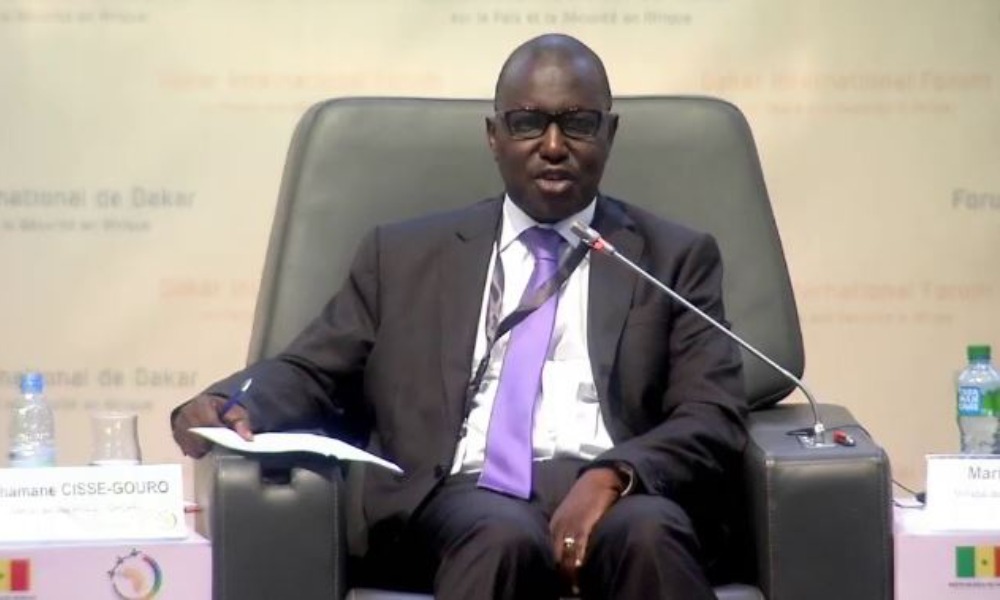
Mahamane Cissé-Gouro, Officer-in-Charge of the Field Operations and Technical Cooperation Division of the Office of the High Commissioner for Human Rights said on Monday that while Afghanistan should have moved closer towards peace, civilians continued to suffer and lose their lives due to increased violence.
Delivering the high commissioner’s report to the UN Human Rights Commission’s 46th session on Monday, Cissé-Gouro noted the conflict in Afghanistan remained among the deadliest in the world.
He stated the best way to protect civilians was to stop fighting.
According to the report the deliberate killing of human rights defenders and journalists had been particularly shocking in the last few months and since the start of the Afghanistan peace negotiations.
Civil society and media had an important role to play, the Afghan people needed their voices and opinions, and the government needed to provide them with space to operate, while anti-government forces must stop targeting them, the report stated.
Speakers expressed concern that since the start of the Afghan peace negotiations, civilians continued to bear the brunt of the armed conflict, with almost half of the casualties being women and children.
Cissé-Gouro also stated Afghanistan was at a critical point which was particularly crucial for Afghan women. He said their meaningful participation in the peace process must be ensured.
In addition, it was noted that the Afghan Independent Human Rights Commission (AIHRC) played a crucial role despite their staff being directly targeted.
In turn, Afghanistan Independent Human Rights Commission (AIHRC) Chairperson Shaharzad Akbar’s said in a video message to the session that for the peace process to be seen as credible by all Afghans, there needs to be a ceasefire, a real possibility of public engagement, and protection of the civic space.
In her message Akbar said according to AIHRC figures, targeted killings were the second leading cause of civilian casualties in Afghanistan in 2020. This she said was a “threefold increase compared to 2019.”
These attacks targeted human rights defenders, journalists, media workers and activists, prosecutors and judges, including female journalists, judges and activists.
“Prominent activists are either being killed or forced to leave the country. Most attacks remain unclaimed and investigations are slow.
“While those who can, are leaving the country, many across Afghanistan felt silenced by fear and are constrained in their activism. This unimaginable attack on Afghanistan’s civic space is ongoing and the world is not doing enough to stop it.
“Meanwhile the Afghan negotiations in Doha are paused,” she said.
“Afghans are desperate for peace but what will peace look like in absence of one of Afghanistan’s most important gains, its vibrant civil society and human rights community? If this deadly trend continues, it will be even harder to protect human rights gains of Afghanistan during and after the peace talks.
“We need the United Nations and the global human rights community to stand with Afghans and urge both parties to stop the violence, and continue engaging in talks.
“For the peace process to be seen as credible by all Afghans, we need a ceasefire, a real possibility of public engagement and protection of the civic space,” she said.
Cissé-Gouro stated in his report that the Afghanistan peace negotiations were an historic opportunity for parties to the conflict to consider the irreversible loss the war had had on the people. New thinking could save thousands of families from suffering.
The report meanwhile stated that Afghanistan, speaking as a country concerned, noted that the conflict in Afghanistan continued to take a heavy toll on the nation and undermined social and economic progress.
The COVID-19 pandemic had also further aggravated these challenges.
Latest News
Pakistan to repatriate nearly 20,000 Afghans awaiting US resettlement
Authorities will also share verified data of the affected individuals with relevant departments to support implementation.
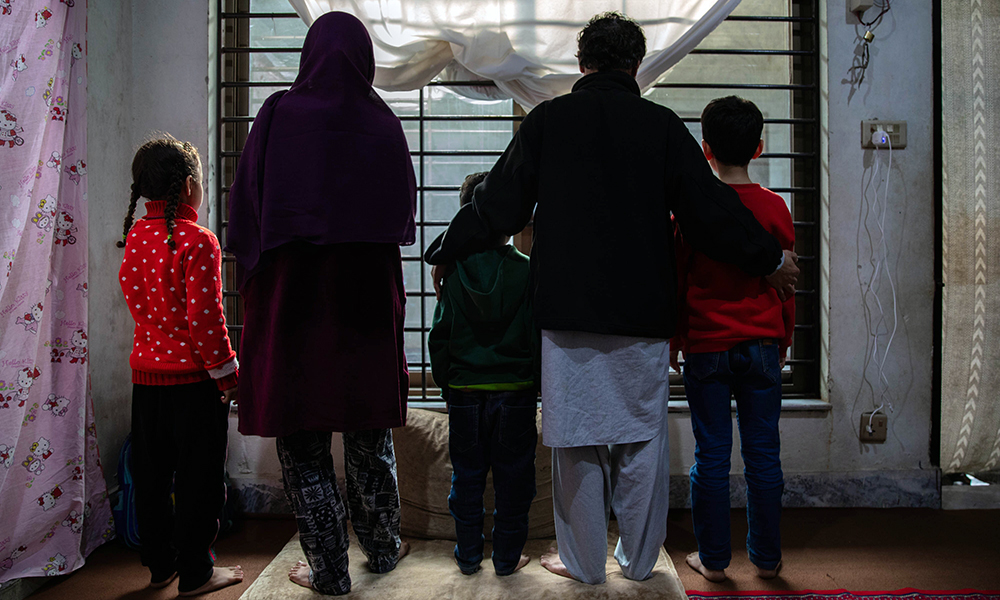
Pakistan will repatriate nearly 20,000 Afghan nationals currently awaiting resettlement in the United States, The Nation reported, citing official sources.
The move affects 19,973 Afghans living across Pakistan.
A federal directive will instruct provincial chief secretaries and police chiefs in Punjab, Sindh, Khyber Pakhtunkhwa, Balochistan, Azad Kashmir, Gilgit-Baltistan, and the Islamabad Capital Territory to begin the repatriation process immediately.
Authorities will also share verified data of the affected individuals with relevant departments to support implementation.
Following the Islamic Emirate’s return to power in 2021, more than 100,000 Afghans fled to Pakistan, many of whom had worked with the US and UK governments, international organizations, or aid agencies.
Thousands have remained stranded in Pakistan for over four years while awaiting US resettlement clearance.
Prospects for relocation have dimmed amid a suspension of case processing by the US administration, according to The Nation.
Under Pakistan’s Illegal Foreigners Repatriation Plan (IFRP), all Afghan nationals still awaiting US relocation will now be returned to Afghanistan.
Latest News
Terrorist activities observed along Afghanistan borders, says Lavrov
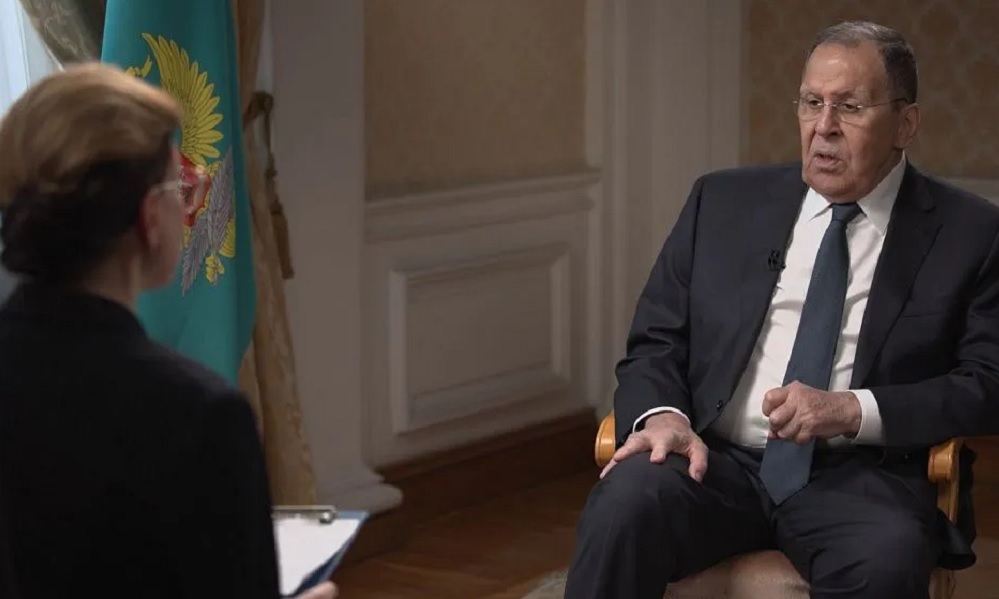
Terrorist activities continue to be observed along Afghanistan borders and along the India–Pakistan–Afghanistan corridor, Russian Foreign Minister Sergei Lavrov said in an interview published on Monday.
Speaking to Russia-based media outlet TV BRICS, Lavrov pointed to ongoing concerns in the Middle East, including its Asian regions.
He highlighted the importance of collaboration with India at the United Nations to advance a global counter-terrorism convention.
Lavrov stated that while the draft convention has already been prepared, consensus on its adoption has not yet been reached.
Russia has repeatedly expressed concern about militant threats from Afghanistan. The Islamic Emirate, however, has dismissed the concerns saying that it will not allow Afghanistan’s soil to be used against any country.
Latest News
Afghan border minister holds phone talks with Iran’s deputy foreign minister
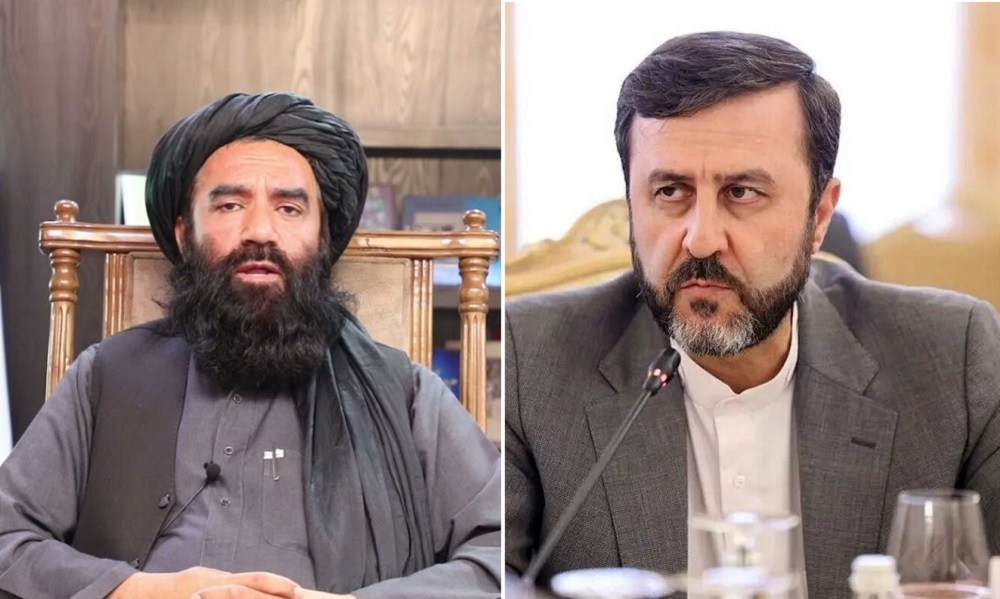
Noorullah Noori, Afghanistan’s Minister of Borders and Tribal Affairs, held a phone conversation with Kazem Gharibabadi, Iran’s Deputy Foreign Minister for Legal and International Affairs, to discuss bilateral border cooperation.
According to the Iranian news agency IRNA, both sides reaffirmed their commitment to strengthening border collaboration, with a particular focus on the ongoing renovation and updating of border markers. They also agreed to accelerate joint technical and legal meetings to enhance coordination.
As part of the agreement, the next meeting of senior border officials from Afghanistan and Iran is scheduled to take place in Iran in 1405 (2026–2027).
-

 Latest News3 days ago
Latest News3 days agoAfghanistan to grant one- to ten-year residency to foreign investors
-

 Latest News5 days ago
Latest News5 days agoTerrorist threat in Afghanistan must be taken seriously, China tells UNSC
-

 Sport4 days ago
Sport4 days agoIndonesia shock Japan to reach historic AFC Futsal Asian Cup final
-

 Sport5 days ago
Sport5 days agoMilano Cortina 2026 Winter Olympics: What You Need to Know
-

 Sport3 days ago
Sport3 days agoIran clinch AFC Futsal Asian Cup 2026 in penalty shootout thriller
-

 Latest News5 days ago
Latest News5 days agoUS Justice Department to seek death penalty for Afghan suspect in National Guard shooting
-

 Latest News3 days ago
Latest News3 days agoAfghanistan says Pakistan is shifting blame for its own security failures
-
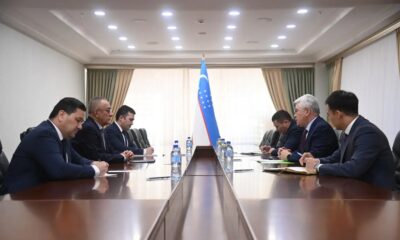
 Latest News5 days ago
Latest News5 days agoUzbekistan, Kazakhstan discuss cooperation on Afghanistan


